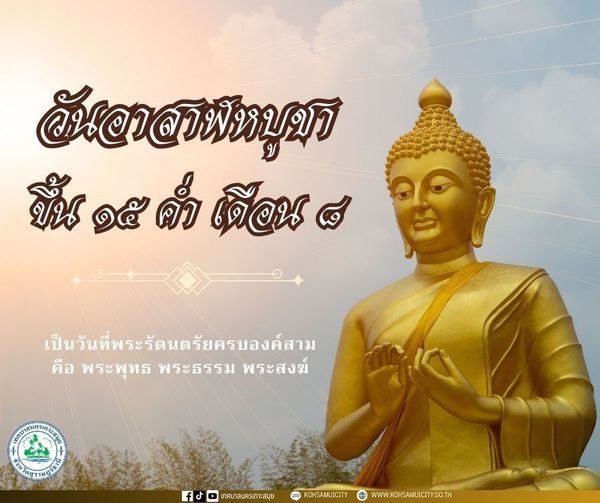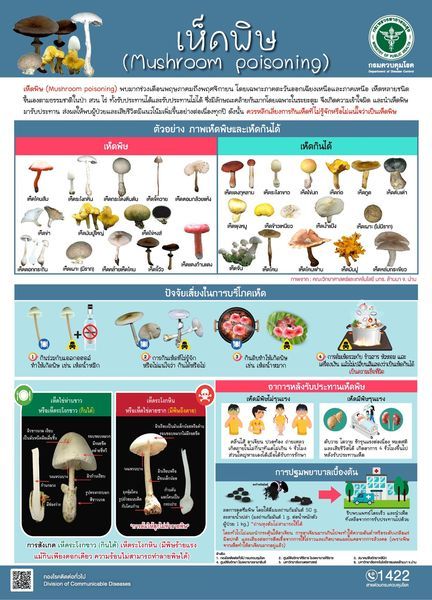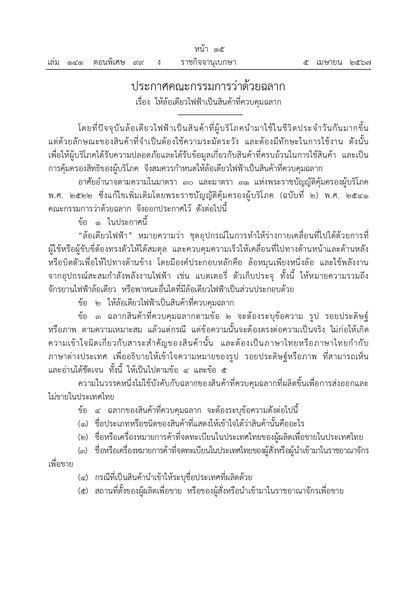Economic Challenges Amidst the Pandemic
In a recent policy statement, Prime Minister Srettha Thavisin compared the nation to a “sick person” requiring cures such as a 10,000-baht digital cash handout and reduced energy prices. Thailand’s pre-existing economic, social, and political issues have been exacerbated by the Covid-19 pandemic, and the country is still struggling to recover. Poverty and inequality hinder the nation from reaching its full potential and have led to a crisis in public confidence.
Thailand’s economy has also been impacted by changes in the geopolitical landscape and superpower rivalries. With household debt exceeding 90% of the nation’s GDP and public debt standing at 61% of GDP, the economy is especially vulnerable.
Proposed Solutions to Boost Growth
To promote growth, the government has prepared immediate and short-term economic stimuli. The 10,000-baht digital money handout is one such measure, along with other initiatives focused on alleviating the debt burden of farmers and small- and medium-sized enterprises (SMEs). The Prime Minister assured the public that these measures would not breach financial discipline or ruin the government’s ability to repay its debts.
In support of the tourism industry, the government plans to temporarily waive visa requirements for Chinese citizens and expedite visa applications for international event participants. Recognizing the industry’s importance in job creation and income generation, the Prime Minister acknowledged that “Thailand is like a sick person… Tourism and spending are recovering so slowly that there is the risk of economic recession.”
Energy Prices and Monarchy Protection
Mr. Srettha also pledged to lower the prices of oil, cooking gas, and electricity and seek alternative energy sources. Another key policy is the protection of the monarchy institution, with related chapters remaining unaltered in the charter amendment proposal. The amendment process will involve public input to ensure a democratic and acceptable charter for all parties.
Opposition Concerns and Suggestions
Opposition leaders expressed concerns about the government’s policies, citing a lack of clarity and vague objectives. They questioned the funding sources for the digital wallet scheme, suggesting that the government might need to borrow to cover the deficit. Opposition members also called for adjustments to the digital wallet program to benefit SMEs rather than large businesses and to improve SMEs’ access to loans for competitiveness.
The Acting Democrat leader, Jurin Laksanawisit, questioned the absence of several election campaign pledges, such as a minimum guaranteed income for new graduates and a daily minimum wage rate of 600 baht. Mr. Jurin called on the government to uphold the rule of law and ensure equal enforcement for both the rich and the poor.
Digital Wallet Program Defense
Deputy Finance Minister Julapun Amornvivat defended the digital wallet program, stating that it is not a populist policy to attract voters during the election campaign, but a well-thought-out plan to revitalize the economy. He assured that the program would not undermine fiscal discipline and would be open to businesses of all sizes.




